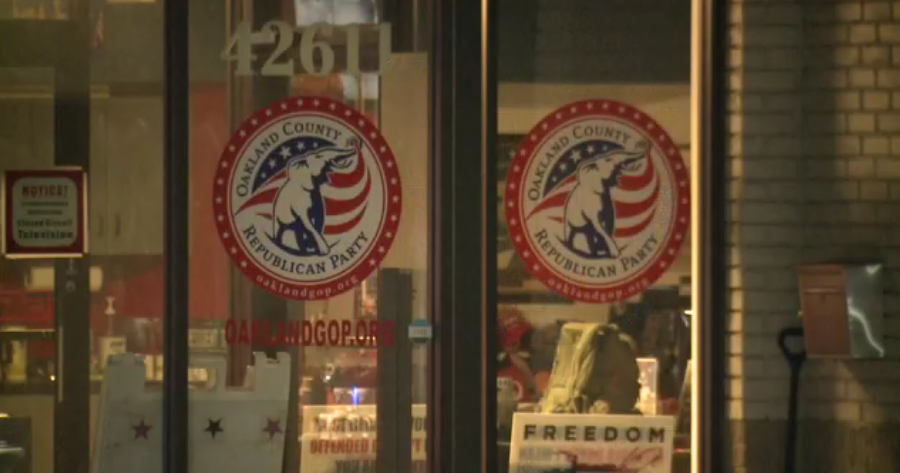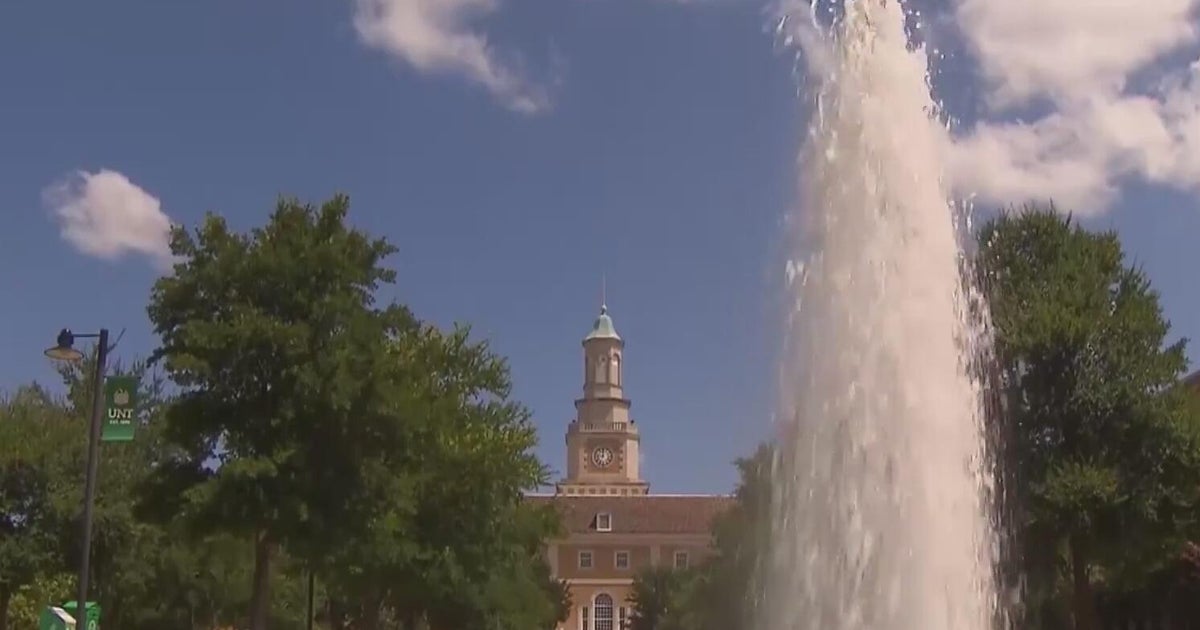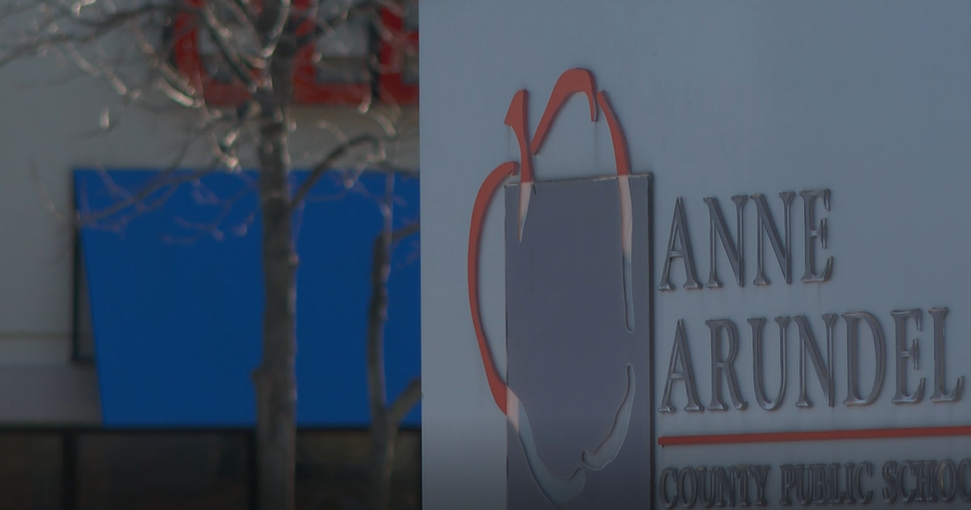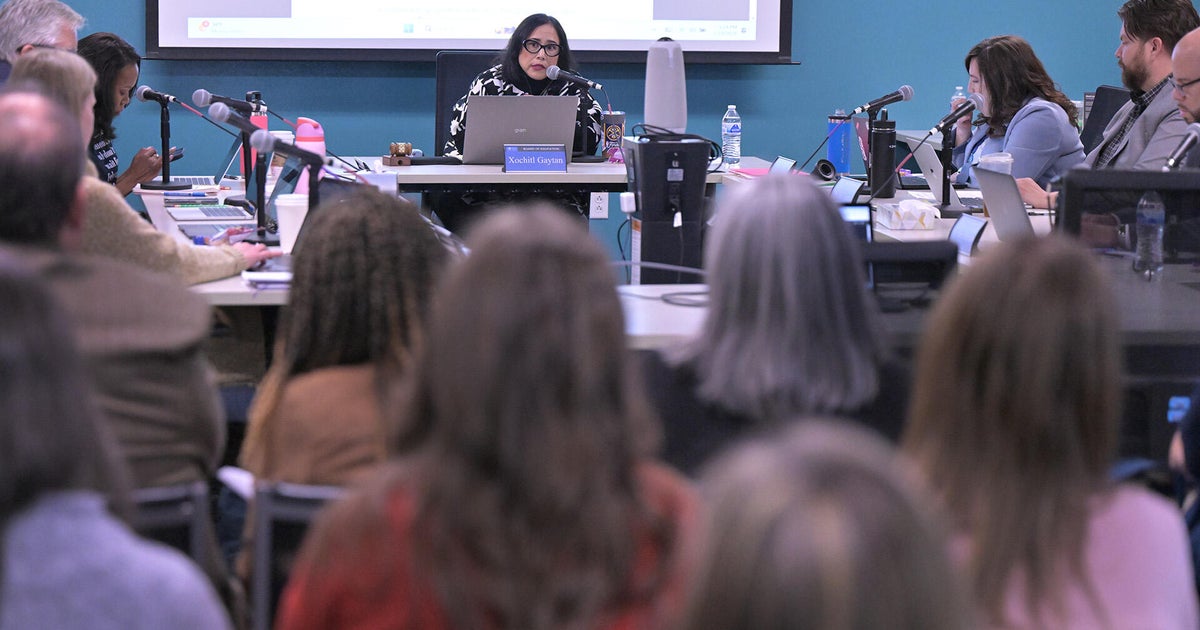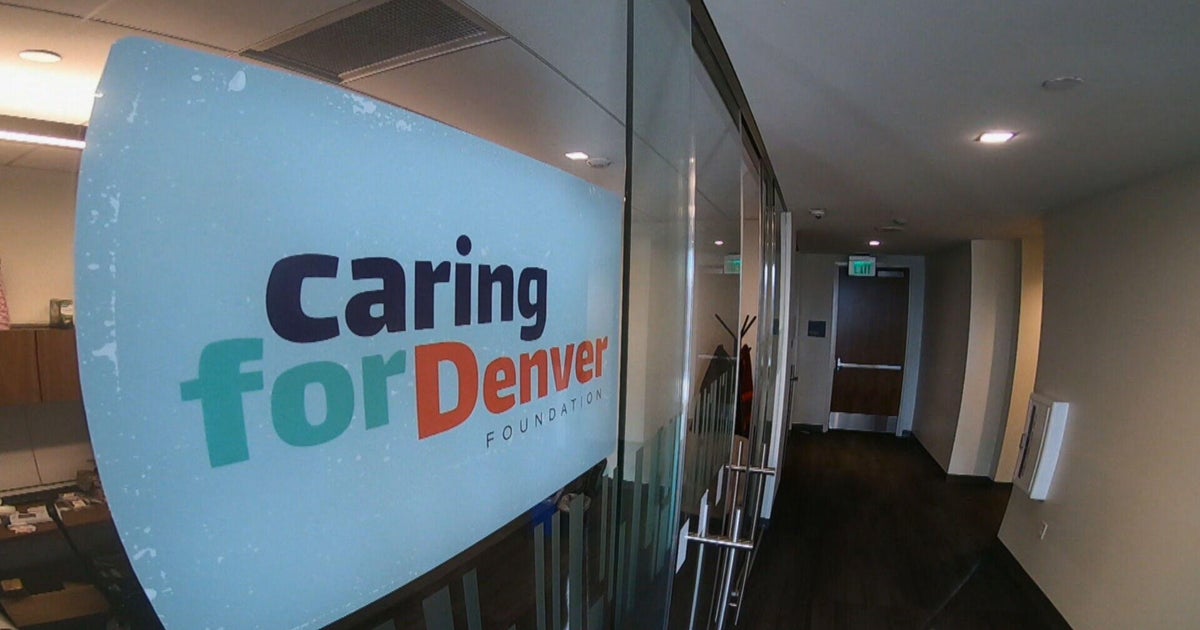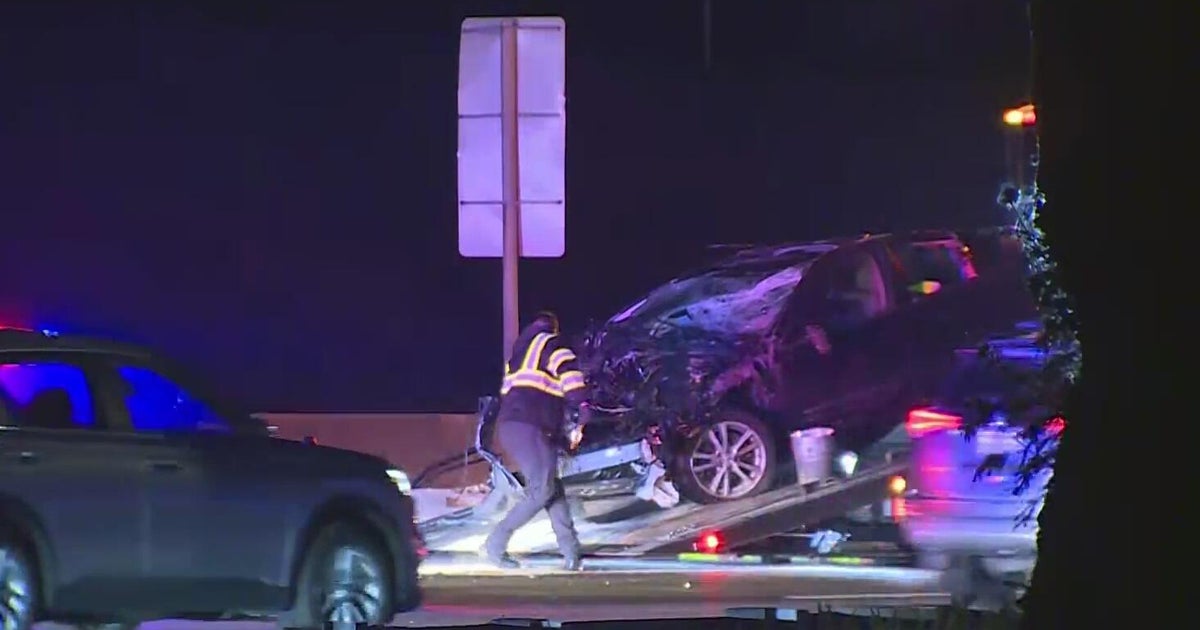Brown Says He Does Not Have GOP Votes For Budget
SACRAMENTO, Calif. (AP) -- Gov. Jerry Brown said Monday he does not have enough Republican votes to pass his plan to address California's $26.6 billion budget deficit, just days before the deadline he set for the state Legislature to call a special election and place a tax measure before voters in June.
The Democratic governor has been meeting with GOP lawmakers individually and in groups for weeks.
He told reporters after addressing the California Community Colleges board of governors that he might not win the two Republican votes needed in each legislative house by his Thursday deadline. Brown needs those GOP votes to ask voters to extend temporary sales, income and vehicle tax hikes for another five years, which would be accompanied by $12 billion in spending cuts.
"I think it might take a few more days than that, at the rate we're going," Brown said. "So people are nervous, and they want to deal with all these other collateral issues, and I'm willing to deal with some. ... But so far, the Republicans haven't suggested any cuts."
He said lawmakers want to delve "into all sorts of other collateral matters like schools and seniority and things like that, which I'm perfectly willing to talk about, but I would like to get a budget."
A handful of Republican lawmakers held their own news conference Monday and said they remained steadfast in their opposition to the special election. Many have joined a so-called taxpayer caucus to oppose tax increases, including the extension of the tax hikes that were enacted in 2009 and are scheduled to expire this year.
"I don't think anybody on our side really wants to go up on taxes," said freshman Assemblyman Mike Morrell, R-Rancho Cucamonga.
He was one of four Republicans at the Capitol news conference. They complained about what they said were bloated salaries and wasted money at the California Department of Transportation.
In a sign that compromise was becoming elusive, a group of five Republican senators who did not join the taxpayer caucus and had been talking with Brown behind closed doors Monday sent a letter to him saying it appeared they had "reached an impasse."
"We thoughtfully presented our substantive reform proposals to create jobs, require responsible state spending, eliminate abusive pension practices and implement meaningful government reforms," said the letter by Sens. Tom Berryhill of Modesto, Sam Blakeslee of San Luis Obispo, Anthony Cannella of Ceres, Bill Emmerson of Redlands and Tom Harman of Huntington Beach.
"We were therefore disappointed to find that our reforms were either rejected or so watered down as to have no real effect on future spending or the economy," they wrote, adding that it appears Brown is unable to compel Democratic interest groups to accept difficult changes.
Brown had said earlier in the day that some Republicans who have indicated a willingness to compromise with majority Democrats on the budget have been threatened with retaliation, which could include losing financial support for their future election campaigns.
"There is a lot of fear that the entire machinery of the more conservative elements will be turned against whoever votes to put this on the ballot," Brown said.
He said Republicans have told him they also are wary of making a politically controversial move ahead of the California Republican Party convention in Sacramento March 18-20.
"Because they feel that their heads will be on a stick," Brown said, referring to KFI radio's "John & Ken Show," which aggressively target Republican lawmakers who support any policy the hosts perceive as not conservative enough.
The Southern California radio hosts often post pictures on their website of lawmakers' heads on a pike.
Brown's office is seeking a June 7 election, enough time to prepare for the planned expiration of the taxes on July 1. Ballots must be sent to overseas military voters at least 60 days before an election, according to the secretary of state's office.
Brown has said that if the measure does not go on the ballot, or if voters reject the tax extensions, he will propose an "all-cuts" budget that would mean severe cuts to most state programs. It is unlikely Democrats would support such a proposal, however.
Assemblyman Steve Knight, R-Lancaster, said he believes an all-cuts budget is likely because he does not expect Republican lawmakers will agree to a special election, during which voters would be given the chance to extend the tax increases.
"We've had a huge (budget) hole for the last seven, eight years. We haven't done the permanent cuts that have gotten us into a position where we could whittle this down," Knight said. "Yes, the recession has hurt us. But so has bad policy for the last 40 years. We can't keep going down that road and expect to put it on the taxpayers every time we can't manage the money."
(Copyright 2011 by The Associated Press. All Rights Reserved.)
